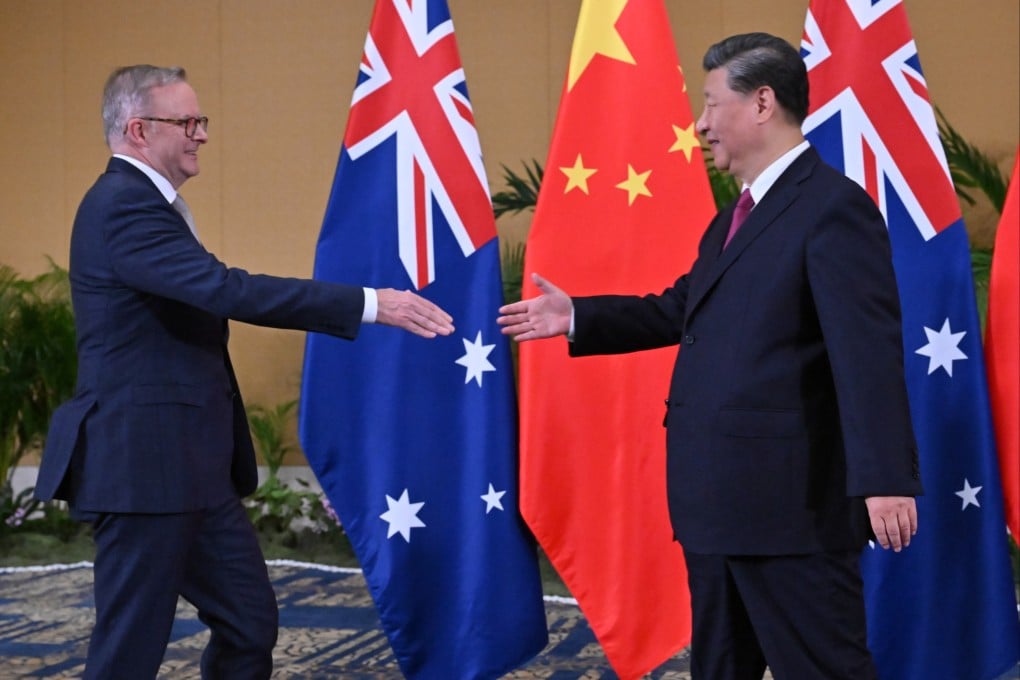Exclusive | Australia concludes China decoupling ‘impossible’ after carrying out series of classified studies
- Separate administrations conducted investigations into the feasibility of ‘diversifying’ import-export relationship, all resolved such a decoupling would be unmanageable
- Current relations came after years of networking by exporters and cannot be replicated elsewhere, analysts say

Australian authorities conducted three separate internal studies in the past eight years to determine whether the commodity-exporting nation could completely diversify its supply chains from China – but all said the task was impossible, according to two sources with knowledge of the matter.
The unanimous and non-partisan judgment helped to justify Canberra’s renewed trade engagement with Beijing late last year despite obstacles such as Aukus, a regional security pact between Australia, the United Kingdom and the United States.
Australia’s Department of Foreign Affairs and Trade (DFAT) and its treasury department jointly administered two studies, one in 2015 and another in 2020, both of which concluded “no other markets could replace China as a market for Australian commodity exports”, one source said. Both spoke on the condition of anonymity due to the sensitive nature of the topic.
The first study was ordered by Prime Minister Tony Abbott, as his cabinet decided to act on a US warning in 2012 that growing economic and trade dependence would make Australia vulnerable to Chinese pressure.
“Abbott was always suspicious of the motives of Communist China,” the person said. “He is famous for describing the Australian relationship with China as based on ‘fear and greed’.”
China is a major buyer of Australian iron ore, liquefied natural gas and agricultural products. Bilateral trade, which totalled US$152.9 billion last year, is widely believed to be a bedrock in relations and a means of avoiding total breakdown.
